Between 2005 and 2008, Enric Duran, the protagonist of the documentary Robin Bank (Anna Giralt Gris, 2022) swindled the Spanish banks out of half a million euros in loans that he never paid back, and which he distributed among different social movements. After being imprisoned for two months, he was released on bail pending trial and took the opportunity to flee Spain. The story fascinated the Catalan director Anna Giralt, who had already filmed documentaries for cinema and television, in places as hot as Afghanistan, Iran or Iraq. Her career has been endorsed by Laura Poitras, director of Citizenfour (2014), who produced her short film 44 messages from Catalonia (2018), and has presented her films at festivals such as SXSW.
Giralt has premiered her new film at the Thessaloniki Film Festival, a more than appropriate place, having lived for four years in Greece, where the citizens are very sensitive to the abuses they suffered during the economic crisis. Anna Giralt answers our questions, still with the afterglow of the resounding reception to her Robin Bank.
Your documentary is based on a reflection on the limits of what is legal and what is legitimate, something that has always interested you and which is exemplified in the case of Enric Duran. For him, what is the frontier?
This is a good question. He sets the limits in every situation, he has very clear values of social justice and wealth sharing, which are not reflected in the political and social reality of the world. He believes in civil disobedience as a weapon, specifically economic disobedience and the idea of why obey a state created before I can say whether I want it or not? He takes it to the extreme, taking the state, the laws that we didn’t vote for, because we voted for parties, to the point of tension. The foundations of the structure is what he questions. It seems grandiloquent, but if we think about this economic revolution that he wants to carry out, it is pertinent to question the issue of legality and legitimacy, after first seeing how Spain rescued (although I don’t like this word) the banks with public money that we will never see, while we are still suffering cuts in health, for example. That is not fair.
Where did the decision to make the documentary come from?
From my interest in these social and political issues, I am convinced that capitalism is not good for humanity or for the planet. I have always worked on these issues and after living in Greece for four years (between 2011 and 2015) I changed my way of looking at reality, they were hard years of political and social repression, with very brutal austerity measures. It was a turning point because I decided to make films that showed people taking risks. I started with short pieces, like about the “I don’t pay” movement, and I looked more at social movements. It made me reflect on my own contradictions and how to use the camera. Once in Barcelona, after 1 October 2017, for a moment I thought that maybe something could happen…. Enric Duran’s name came up again with the issue of integral, economic revolution, that is, if we are going to build a country, let it be on a different basis.
In what ways has Robin Bank been another turning point in your career?
On several levels, because on a professional level it has been the most ambitious project, which has taken five years of my life, from the first idea to the presentation, here in Thessaloniki, where the world premiere took place. I also took care of the production, the animation was also a challenge.
In the film you include archive images, material shot by you and an important part is animation, signed by Laura Ginès and Pepon Meneses, what motivated this creative decision?
It was something I was very clear about from the beginning, it was a journey of discovery of the character and I saw him as an idealist, in the best sense. When you get to know him you realise that these ideals are difficult to achieve and materialise.
Animation was my way of moving through that more utopian, ideal world, which doesn’t mean impossible.
You say it’s more like Don Quixote than Robin Hood…
Yes, and here the theme of animation is important. We believe that we can change reality and that everyone will agree, although reality is like that, it’s not easy for people to change. Animation was my way of going through this more utopian, ideal world, which doesn’t mean impossible. It is a way of representing the world as he imagines it. There is an interesting reflection on how money should be a tool but now it is an end. The animation represents that: what would happen if money were a tool, that’s why we use all that iconography of banknotes, trying to be in his head, a more abstract world.
How far has Enric’s influence reached?
It depends on the moment and the time, when he carried out his action he was very important in Catalonia. Afterwards, in social movements around the world he is an icon, not as well known as Assange or Snowden, but he is a reference. He is an example of how you can take risks to try to change things. For people, that’s a loudspeaker.
Will his crime be subject to the statute of limitations and will he be able to come out of hiding?
Enric has been investigating it with a lawyer and, in theory, the statute of limitations will expire in a few years, I say in theory because it is not very clear either. The statute of limitations does not count from when he committed the scam, but from when he fled from justice, in 2013-2014, so possibly in two years it would have prescribed, but he wouldn’t know for sure if he didn’t come, and it’s too risky for him.
In the documentary Robin Bank you narrate how you came to meet Enric Duran, until he agreed to meet you. He would have continued your meetings, but you decided to stop. Why?
It’s more symbolic, but the sea voyage you see in the film was too risky and I didn’t dare. I thought it was a very symbolic ending. He moves without stopping, he lives on boats… And I decided not to continue, I don’t dare risk my life or my freedom, although other things do, for me it was a reflection, he continues with the same impetus, he has grown older, he’s more alone…
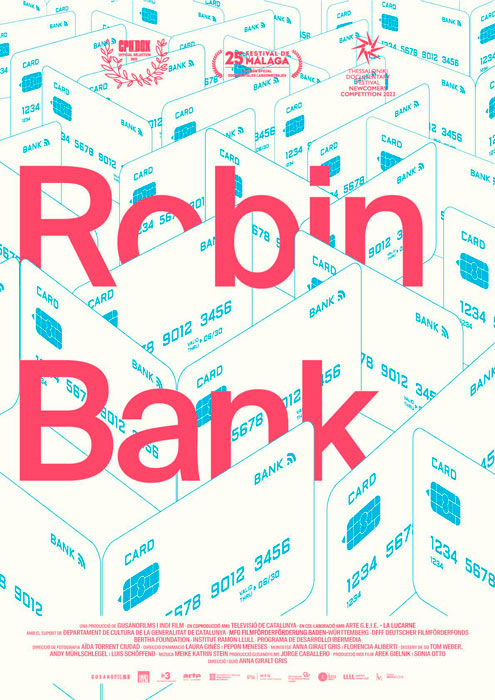
Enric’s mother comments in the film that Duran has always been an outsider, with a very high IQ, who has been bullied at school. And we see that he is a character who has not created an organised movement despite his ideas and actions.
He tries… one of the issues with Enric Duran, which plays in his favour but also against him, is his very particular character. He is gifted with numbers, he understands the world as a mathematical equation. But when it comes to personal relationships, he is more limited. It is an ingredient of the equation that he does not take into account. He undertakes projects and more projects trying to get people to follow him, but people don’t want to take risks.
In the film, you comment on the different options chosen by other people who are very involved in social movements. The extremes would be Enric Duran, who is wanted, or Ada Colau, mayor of Barcelona.
Yes, absolutely. We need both profiles, those who change things from the inside and those who change things from the outside. There are activists who have moved into politics, such as En comú podem, Syriza in Greece, Podemos… it is a natural step, after being against for years, to choose to work from the inside. Others like Enric choose to create an alternative system.
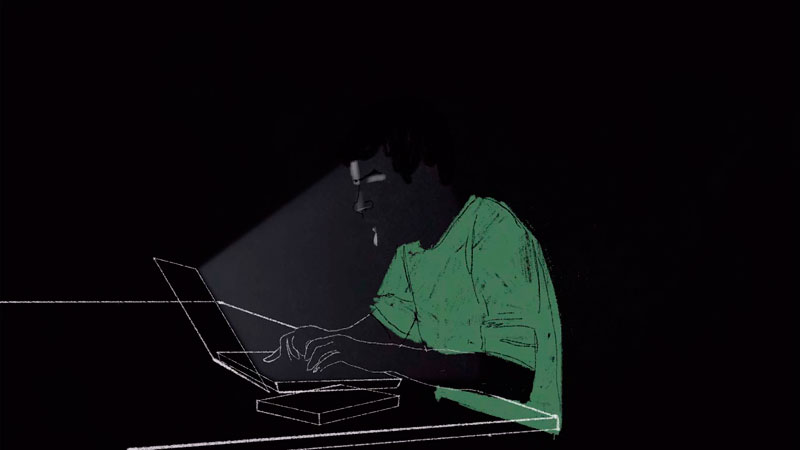
Were you the first person to record him?
No, he had already been filmed in 2015 in Salvados, the TV programme, there have been some occasional interviews, but I feel very privileged for the contact I have been able to have.
Is Duran difficult to contact?
Not so much, it is possible…, but it depends on how far. It depends on the moment, sometimes the security measures he puts in place are extreme.
The feeling left by Robin Bank is one of melancholy.
Yes, it was difficult to change it and I regret it, it’s that pessimistic part of me that it’s impossible to change anything, but yes, I suppose the fact of making the journey and the feat of Enric, a man alone, who has aged during his struggle, but in spite of everything he is still there.
It is in the banks’ interest to convey opacity, although the economics are not that complex.
The destination of the half a million euros that he swindled from the banks and which he claims to have distributed among various social movements has not been known with certainty.
He has wanted to keep quiet about who he gave it to, but if you do a little digging in the social movements you know… it’s good that it remains that way in the film, because whoever has to know somehow already knows. It’s not something visible and someone might think it’s not tangible. He has always, especially in the 2008 action, given a lot of importance to communication, he believed that by communicating he could change things.
What he did was to take to its logical conclusion allegations such as those made in hidden camera programmes, which show how dangerously easy it is to get credit.
The value of what he did was to realise something that is more obvious now, but wasn’t then —before the 2008 crisis broke out, the banks were not the bad guys. Changing that narrative, taking advantage of the system, playing with the same cards, if we use the same weapons are we like them? That would already be entering into a philosophical-moral debate, but his logic is coherent. His denunciation, at the time, has a lot of value, at a time when nobody said that the banking system was corrupt and didn’t work.
Today, the bank’s vision has changed and is evolving to create the need to organise to defend against them.
It is in the banks’ interest to convey opacity, even though the economy is not that complex. In principle, banking should be public, they have been given too much power that affects our daily lives. In the end, the economic power of the banks has a brutal impact on political power, but at the beginning I wanted to reflect more on these issues in the film, and then you get into very complicated subjects. In fact, if you understand Enric’s action well, you have enough.
The narrative of the film is very clear.
I think we have managed to talk about many interesting things and put the economic issue back on the table, which is the basis of how society works. In this I agree very much with Enric, that things have to be changed and that we should be more connected. I like the idea of how we can change things, whether by voting every four years or by using the credit card, it is a very pertinent reflection in these times when the world is on the run.
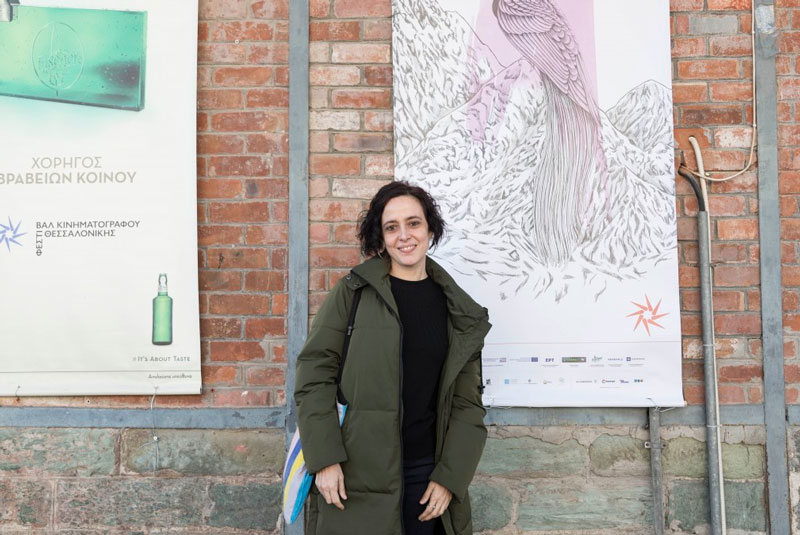
Anna Giralt Gris, Director of Robin Bank. Photo ©Thessaloniki Film Festival.
The reception of Robin Bank at the Thessaloniki Film Festival has been excellent…
Fantastic, with a full house, people of all ages, from 18 year old Erasmus students to retirees. A very interesting social spectrum. People congratulated us and wanted to ask more questions at the end of the Q&A.
The public, moreover, must have been very aware of the issue.
The reception was brutal…
And after the premiere?
On Saturday we’re going to the Malaga Film Festival where I’ll be with the whole team, as well as other appointments, which we can’t make public yet.
You have already made a film about Golden Dawn and your next project is about the Spanish far-right, what can you tell us about it?
I’m researching, the project is at a very early stage. I’m very interested in the way the far right communicates and how they have infiltrated the institutions. It disturbs me a lot. In my production company we work a lot with technology and we have been researching artificial intelligence for some time, together with Jorge Caballero.
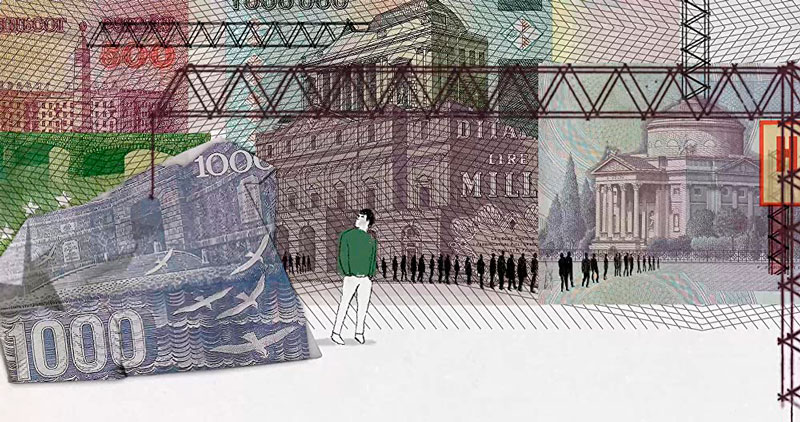
This is a very interesting topic, how do you apply it to cinema?
We now have a project created with artificial intelligence, i.e. machine learning, and it helps you a lot to classify data, to find patterns, you can also generate music, images, analyse scripts. Now, we also use it in editing, with the huge amount of material we have for documentaries, like archive material, from different sources… it helps us to visualise, to make image maps. Specifically, with the project I’ve started on the far-right, it’s helping me to analyse visual patterns.
Is there a general pattern beyond the far right in a particular country?
I’m still investigating it. I want to make a different, smaller film, maybe a short film, that doesn’t take so many years, I’m trying other ways of producing. I’m working with the images from the social networks of that party that I don’t want to name and reveal the survival of the images over time and how they evolve from the image of Franco or Putin on horseback to Abascal on a motorbike. And the gestures that endure over time… it will be a very visual film.

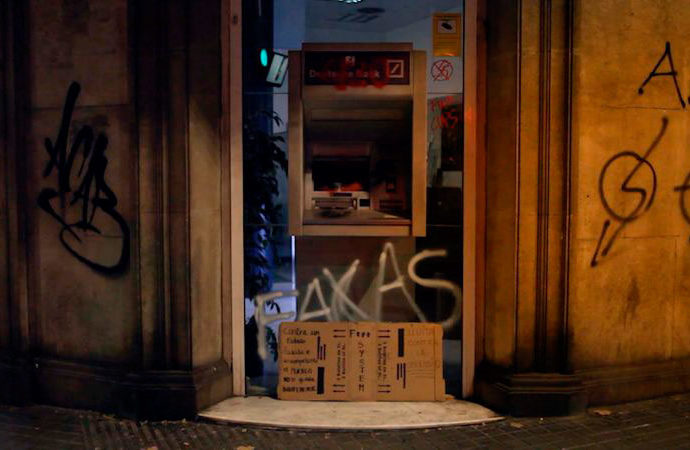

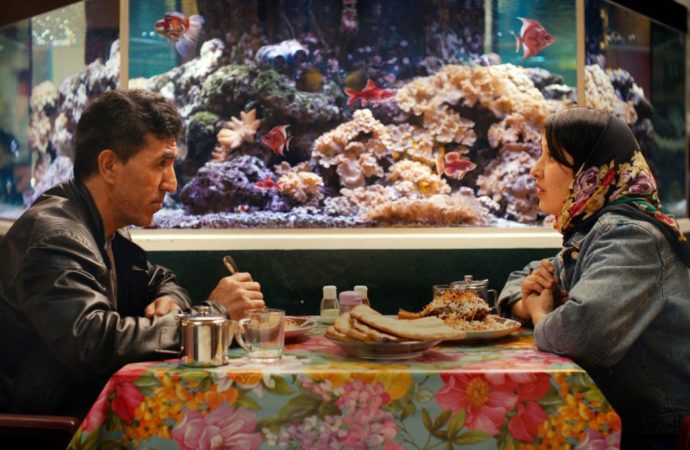

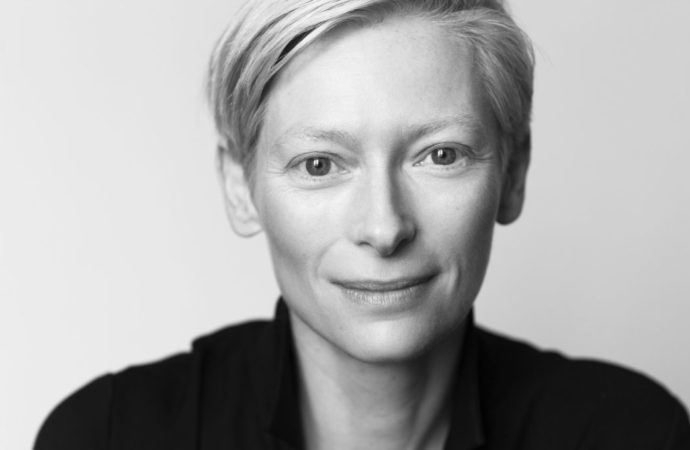
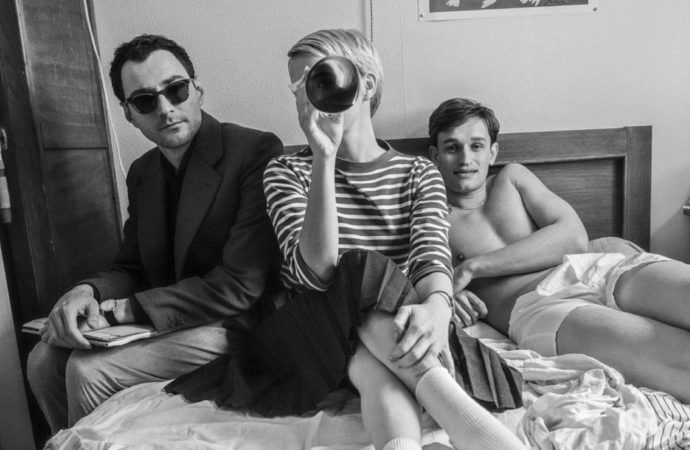
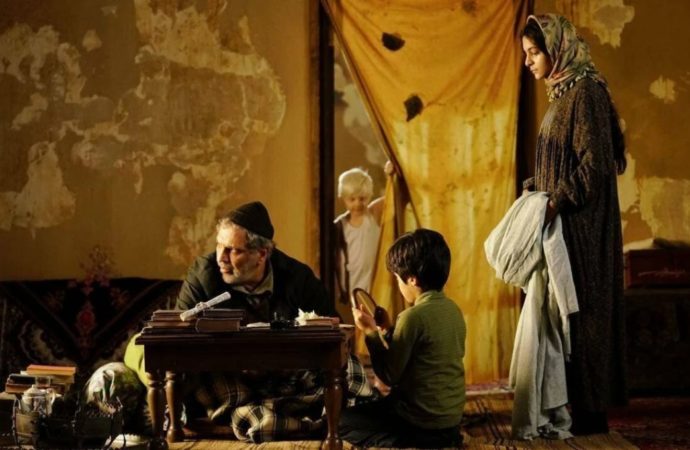
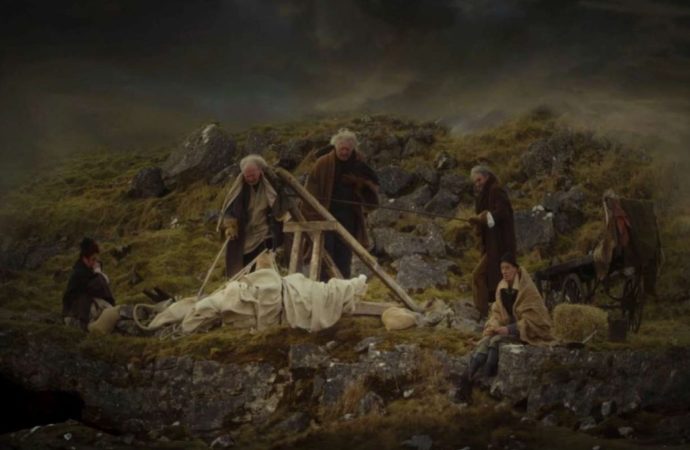
No one has posted any comments yet. Be the first person!